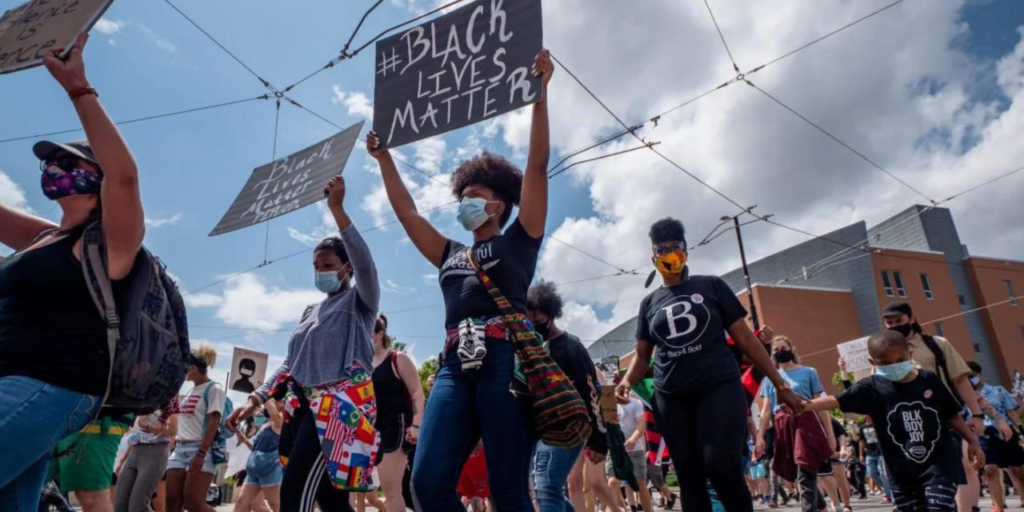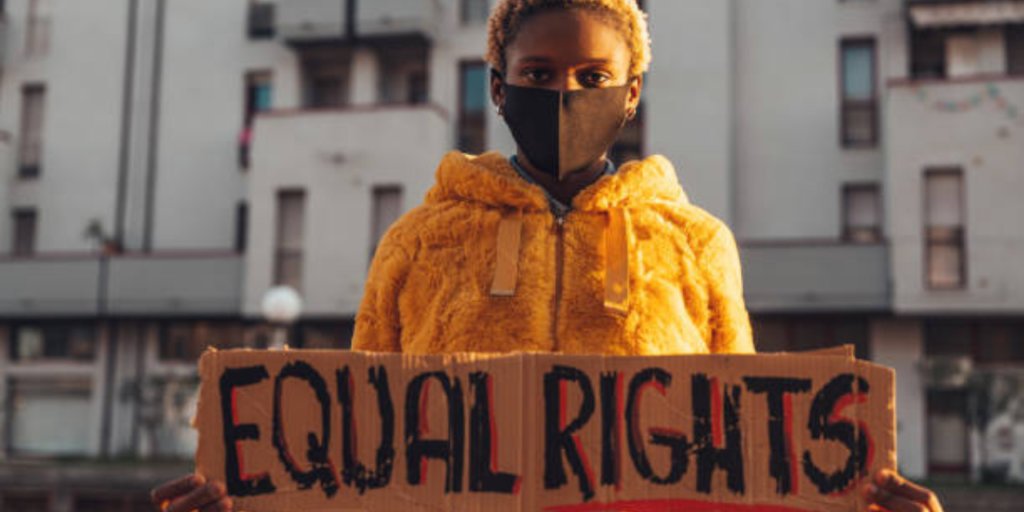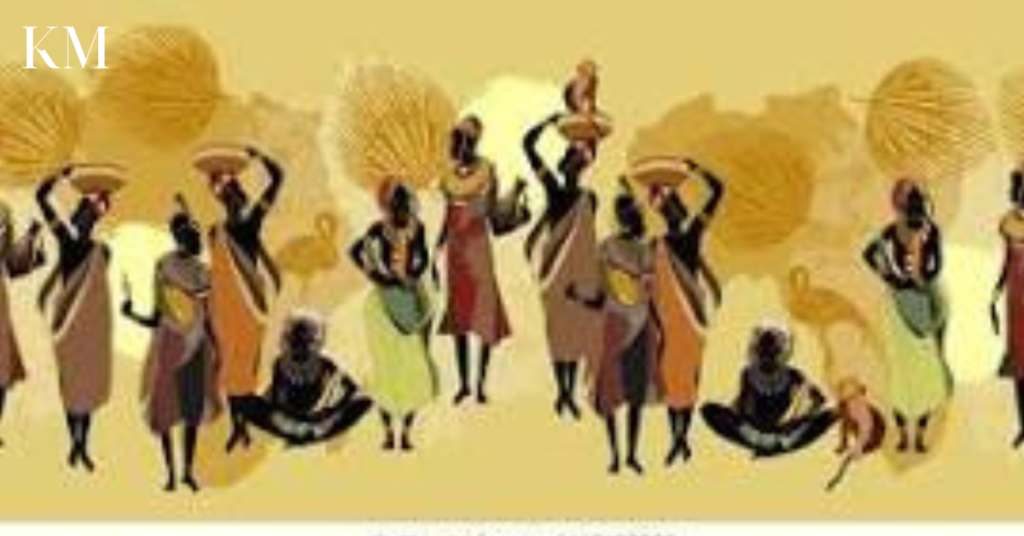
Social justice movements led by Black women have been significant in tackling many forms of inequality and fighting for structural change. It emphasizes the importance and impact of social justice movements that are spearheaded by Black women. These movements are not only about addressing individual instances of discrimination or injustice but also about challenging and transforming the underlying systems and structures that perpetuate inequality. By focusing on structural change, these movements aim to create long-lasting and systemic improvements in society.
According to Oxfords Human Rights Hub:
Black women and birthing people must face the possibility that they or their children will be killed by state actors and the risk of death and injury bringing those children into the world. Maternal mortality is an indicator of a nation’s commitment to health and equity, and on this measure, the United States has failed. For decades, Black women of all socioeconomic backgrounds have been dying from pregnancy complications at more than three times the rate of white women. The U.S. has the highest maternal mortality ratio among high-resource countries and the government’s own data indicates that the majority of these deaths are preventable.
In hospital settings, where most Black women in the U.S. give birth, racism and sexism can facilitate mistreatment and abuse. Black women report being ignored, disrespected, coerced, threatened, and denied information and the opportunity to give or refuse consent to medical interventions. Evidence shows that repeated exposure to racism has a “weathering” effect that harms Black women’s health and contributes to adverse birth outcomes. As the U.S. reckons with the way police wield authority over Black bodies, that reckoning must also extend to health care institutions where Black women birth, and too often, die.
Black women’s deaths do not garner the attention and collective anguish they deserve. When a Black woman’s human right to life is violated, it is often only other Black women who seek justice in her name. In New York City, Black women birth workers have organized small protests outside the hospitals where two young women recently suffered maternal deaths. In the U.S. Congress, the Black Maternal Health Caucus—led by Black women lawmakers— introduced a package of legislation (“the momnibus”) to improve maternal health. But in Kentucky, Breonna Taylor’s killers have yet to be held accountable
Social justice movements led by Black women have been significant in tackling many forms of inequality and fighting for structural change. These movements grow out of a long history of intersectional battles against racism, sexism, classism, and other forms of oppression. Here are some important aspects to remember when explaining these movements:

Intersectionality:
Intersectionality, a term coined by legal scholar Kimberlé Crenshaw, refers to the interrelated nature of social categorizations such as race, class, and gender as they apply to an individual or group, and is thought to create overlapping and interdependent systems of discrimination and disadvantage. The confluence of racism and sexism creates specific obstacles for black women. For example, programs aiming at reducing gender inequality may fail to take into consideration Black women’s unique experiences.
Grassroots Organizing:
Black women-led social justice initiatives frequently begin at the grassroots level, drawing on the experiences and concerns of underprivileged populations. Grassroots organizing entails rallying individuals and communities to address issues through collective action, which frequently employs community organizing strategies such as community meetings, protests, and advocacy efforts.
Leadership and Representation:
Black women lead their communities and larger social justice movements. Their leadership is defined by a commitment to amplifying underrepresented groups’ voices, confronting oppressive structures, and fighting for systemic change. Representation is important, since seeing Black women in positions of leadership empowers others and challenges prejudices.
Cultural Influence:
Black women’s cultural contributions have helped shape social justice discourse and fueled resistance movements. Art, literature, music, and activism come together to provide powerful manifestations of resilience and resistance. For example, Audre Lorde’s writings and Nina Simone’s music have inspired and informed social justice movements.
Global Impact:
Social justice movements led by Black women have crossed national boundaries, impacting global efforts for emancipation and equality. Activists such as Angela Davis have been essential in linking local struggles to global movements, emphasizing the interconnection of social justice concerns.Social justice movements led by Black women have crossed national boundaries, impacting global efforts for emancipation and equality. Activists such as Angela Davis have been essential in linking local struggles to global movements, emphasizing the interconnection of social justice concerns.
Challenges and Resilience:
Black women’s advocacy has specific problems, such as retaliation, discrimination, and violence. Despite these obstacles, they show incredible resilience and persistence in their pursuit of justice. Using their combined strength and endurance, Black women continue to advocate for significant change.
In conclusion, social justice movements led by Black women are distinguished by their intersectional approach, grassroots organization, leadership, cultural influence, global effect, and persistence. These movements are critical to the ongoing fight for justice, equality, and liberty for everyone.



Your point of view caught my eye and was very interesting. Thanks. I have a question for you.